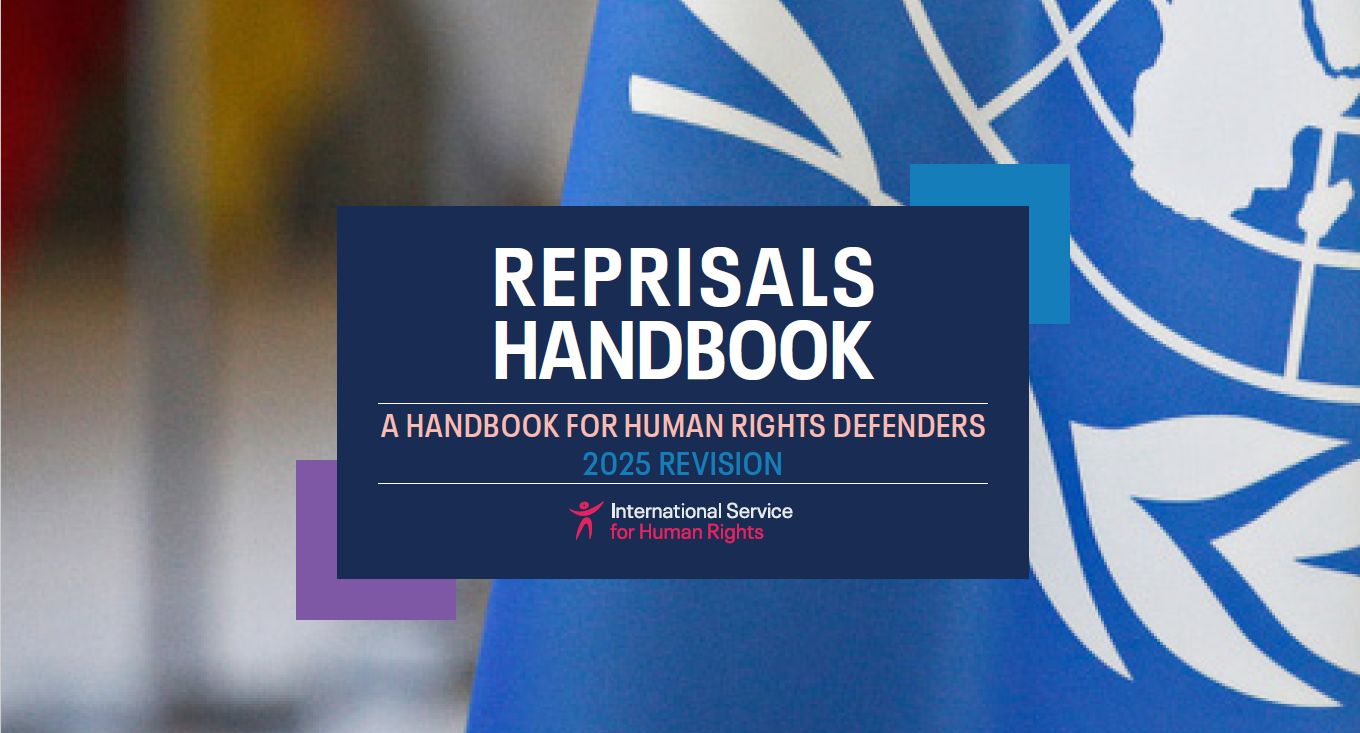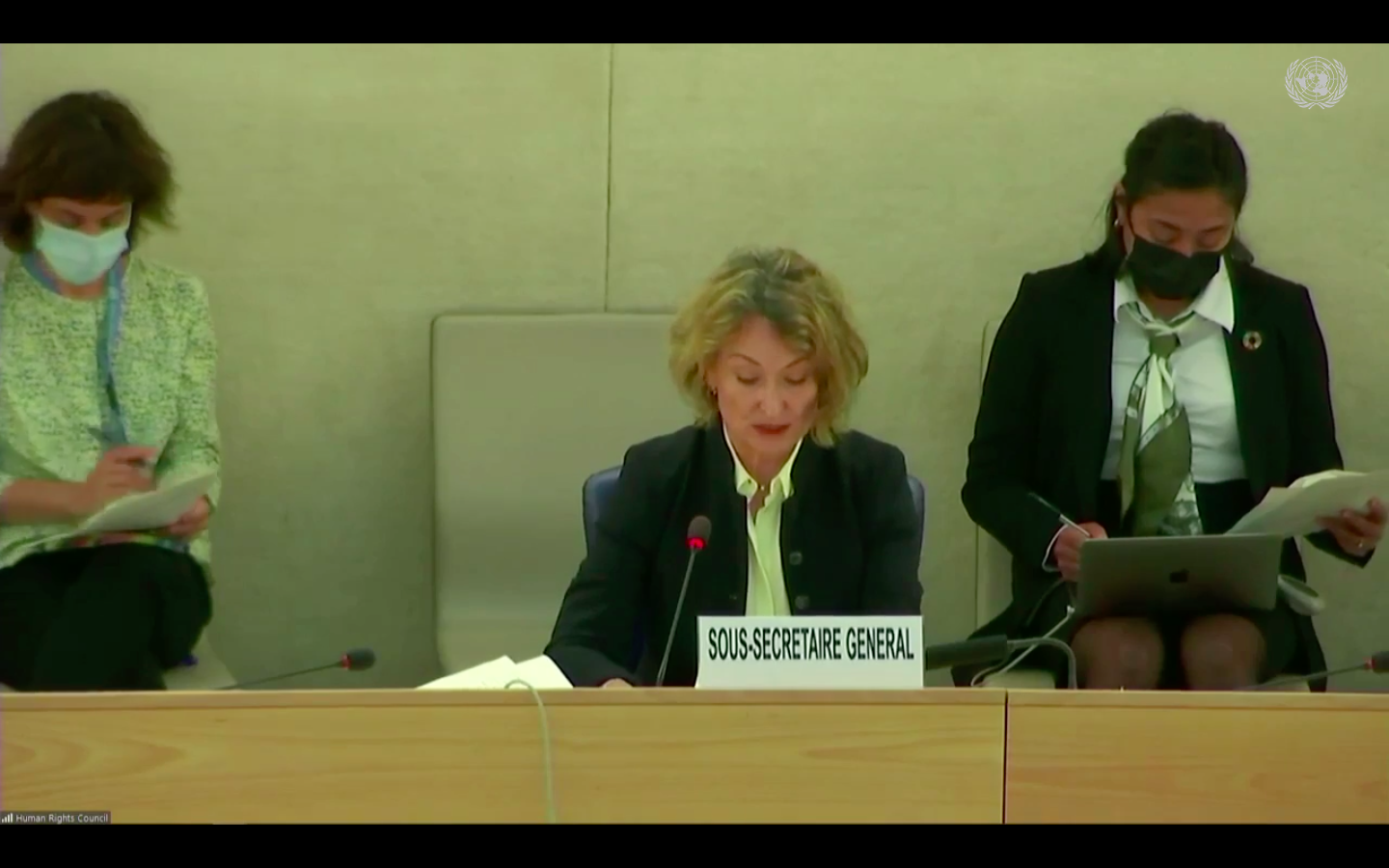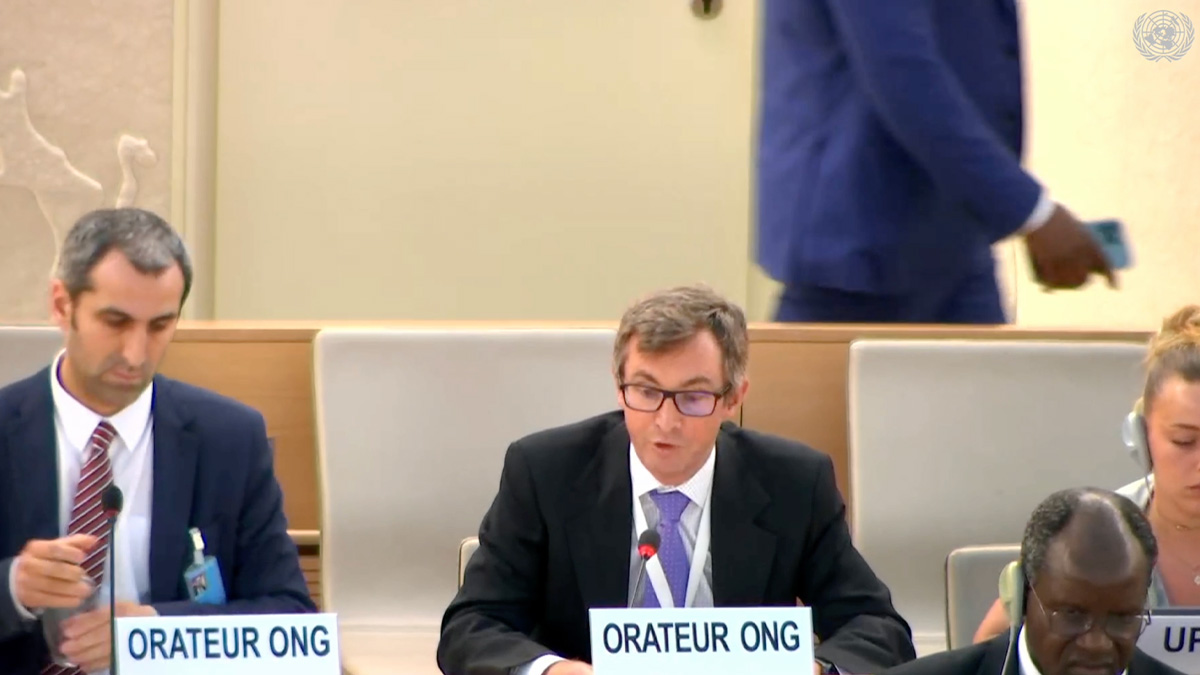In order for the international human rights system to function to its fullest potential, human rights defenders must be able to share crucial information and perspectives, safely and unhindered. However, many defenders still face unacceptable risks and are unable to cooperate safely with the UN.
ISHR’s annual submission to the report to the UN Secretary-General on reprisals demonstrates the need for the UN and States to do more to prevent and ensure accountability for intimidation and reprisals against those who cooperate or seek to cooperate with the UN. ISHR’s submission outlines developments in the international human rights system, and documents a number of new cases, as well as follow up on previously submitted cases.
ISHR’s submission presents a disturbing pattern of intimidation and reprisals in 20 countries. Cases of reprisals featured in the submission range from States defaming and stigmatizing defenders, to criminalising their work, to killing them.
In Venezuela, ongoing monitoring of the situation by the UN continues to be met with sustained risk, stigmatization and harassment of defenders working with the mechanisms. In the Philippines, the situation still shows no signs of improving—with human rights defenders continuing to be vilified by the government and accused of being terrorists. Defenders in Andorra, Bangladesh, and India continue to be criminalised. The submission details the detention of defenders in Bahrain, China, Egypt, Saudi Arabia, the United Arab Emirates, Venezuela and Yemen. And there is still no accountability for the deaths in custody of defenders in China and Venezuela.
Other cases of reprisals include threats, harassment, hate speech, surveillance, property damage, disbarment, death threats, travel bans, disappearance, dissolution of associations, judicial harassment, smear campaigns, confiscation of travel documents, red tagging, and accusations of terrorism, among others.
Other countries cited in the report include The Bahamas, Burundi, Cameroon, Equatorial Guinea, Israel, Morocco, Nicaragua, Russia, Thailand, Vietnam and Yemen.
ISHR submitted follow-up information on a large number of cases, demonstrating that incidents of reprisals and intimidation are very rarely, if ever, adequately resolved. ‘The vast majority of cases remain unresolved year after year. More must be done to ensure the efforts to document and address reprisals cases also include sustained and consistent follow up. Otherwise, the cost of carrying out reprisals remains too low, impunity reigns and perpetrators are further emboldened’, said Madeleine Sinclair, New York Office Co-Director and Legal Counsel.
ISHR launched a study in 2021 that examined the SG reports between 2010 and 2020. Among several useful conclusions and recommendations, the study found that more sustained attention and follow-up on reprisal cases throughout the UN system is needed to enhance positive impact on victims.
The primary duty to prevent and remedy reprisals lies with States—who must do more to prevent, investigate and ensure accountability for reprisals. States must also speak out against reprisals perpetrated in other States: ‘States must use the opportunity of the interactive dialogue at the Human Rights Council on the Secretary-General’s report in September, as well as Item 5 debates at all sessions, to raise specific cases and hold their peers accountable’, said Sinclair. In that regard, ISHR’s study also concluded that more robust political action is needed against countries with systematic reprisal and intimidation practices.




